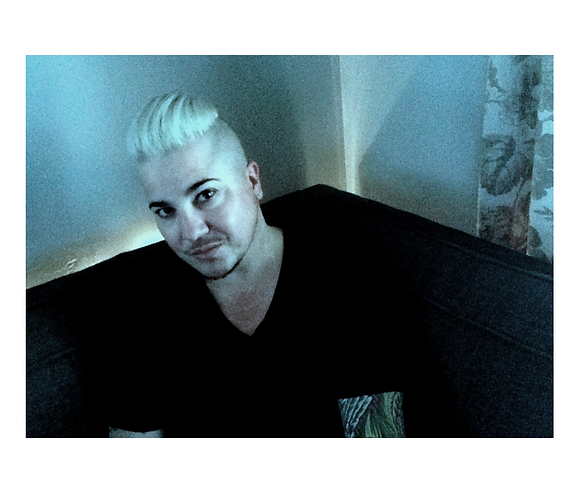
bio
Jill Rader is a non-binary psychologist, writer, and photographer. She is interested in the study of gender, sexuality, and queer theory, as well as feminist critiques of the practice of psychology, and those interests inform her work and worldview. She has published articles in The Counseling Psychologist, Psychology of Women Quarterly, Women & Therapy, and Contemporary Psychology. When she was a graduate student, her article on self-disclosure and the management of queer identities was published as an advocacy piece on the American Psychological Association's website. She was also awarded a Vaid Fellowship by the National Gay and Lesbian Task Force in New York and participated in the development of the American Psychological Association's Guidelines for Psychological Practice with Girls and Women. She has presented workshops at Gender Odyssey and taught college courses in gender, developmental psychology, abnormal psychology, and personality assessment.
She's been an active participant in the emerging, vibrant and much-beleaguered trans movement, via online communities, digital media, and the creative arts. As Carson Rader (her genderqueer alter-ego), she appeared in Sam Berliner's 2010 film, Genderbusters, and created a number of her own short videos on trans experience. Those videos have been included in transgender pride showcases, queer social events, and classrooms in Germany, The Netherlands, Canada, and the U.S. Her ongoing photography project, TRANSPORTtraiture, is an attempt to document gender variance all over the world. One of her photos, Boy Bride, a self-portrait in her former wedding gown, is now part of the permanent collection at the Kinsey Institute. She completed her Ph.D. in Counseling Psychology at The University of Texas at Austin and her clinical internship at the University of Pennsylvania. She maintains a private practice as a licensed psychologist (TX License #33430) and health coach (American Council on Exercise #W58553). She is also a member of PSYPACT (Authority to Practice Interjurisdictional Telepsychology, APIT #19052), which enables her to provide telepsychology to clients in 42 states.